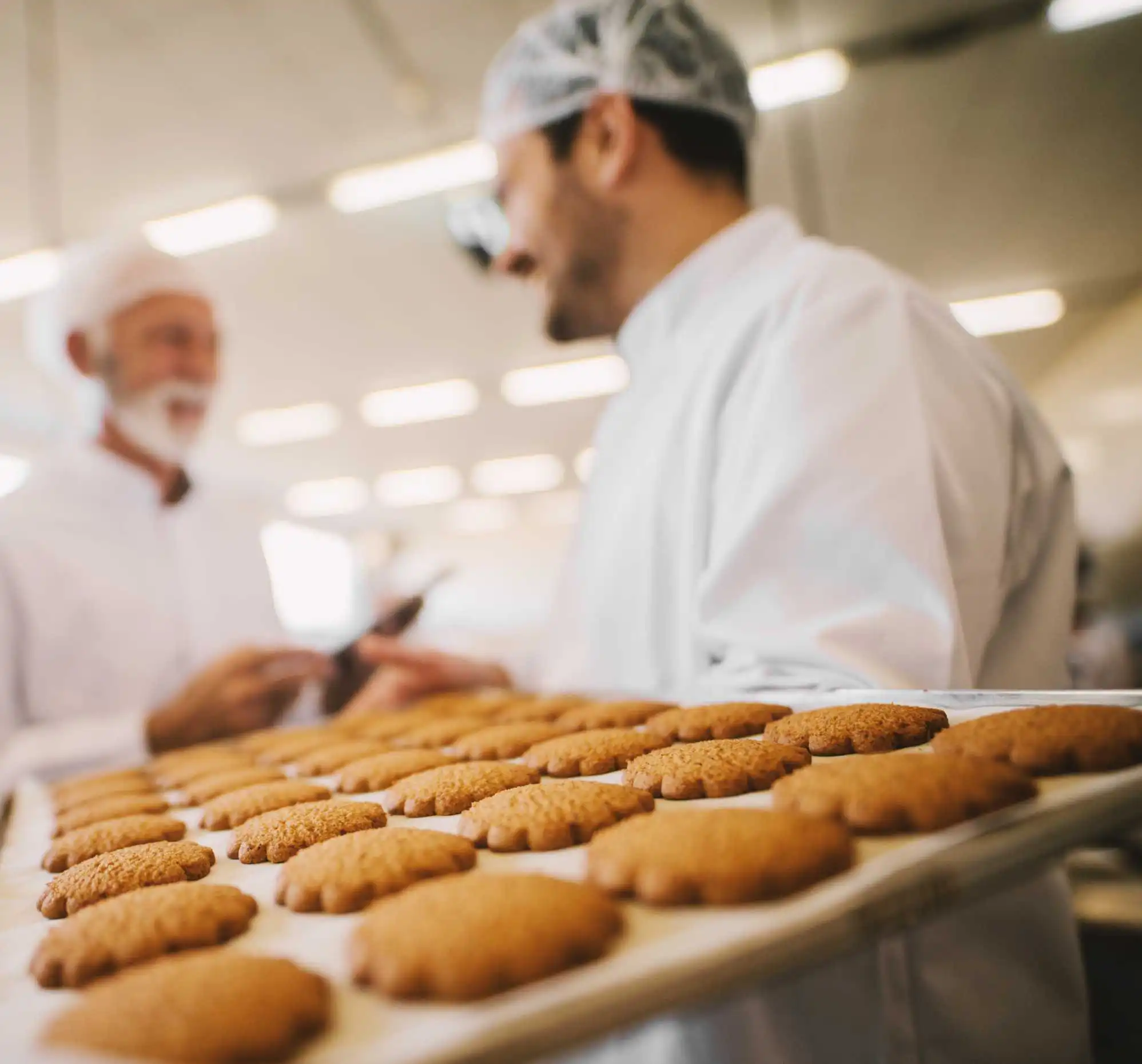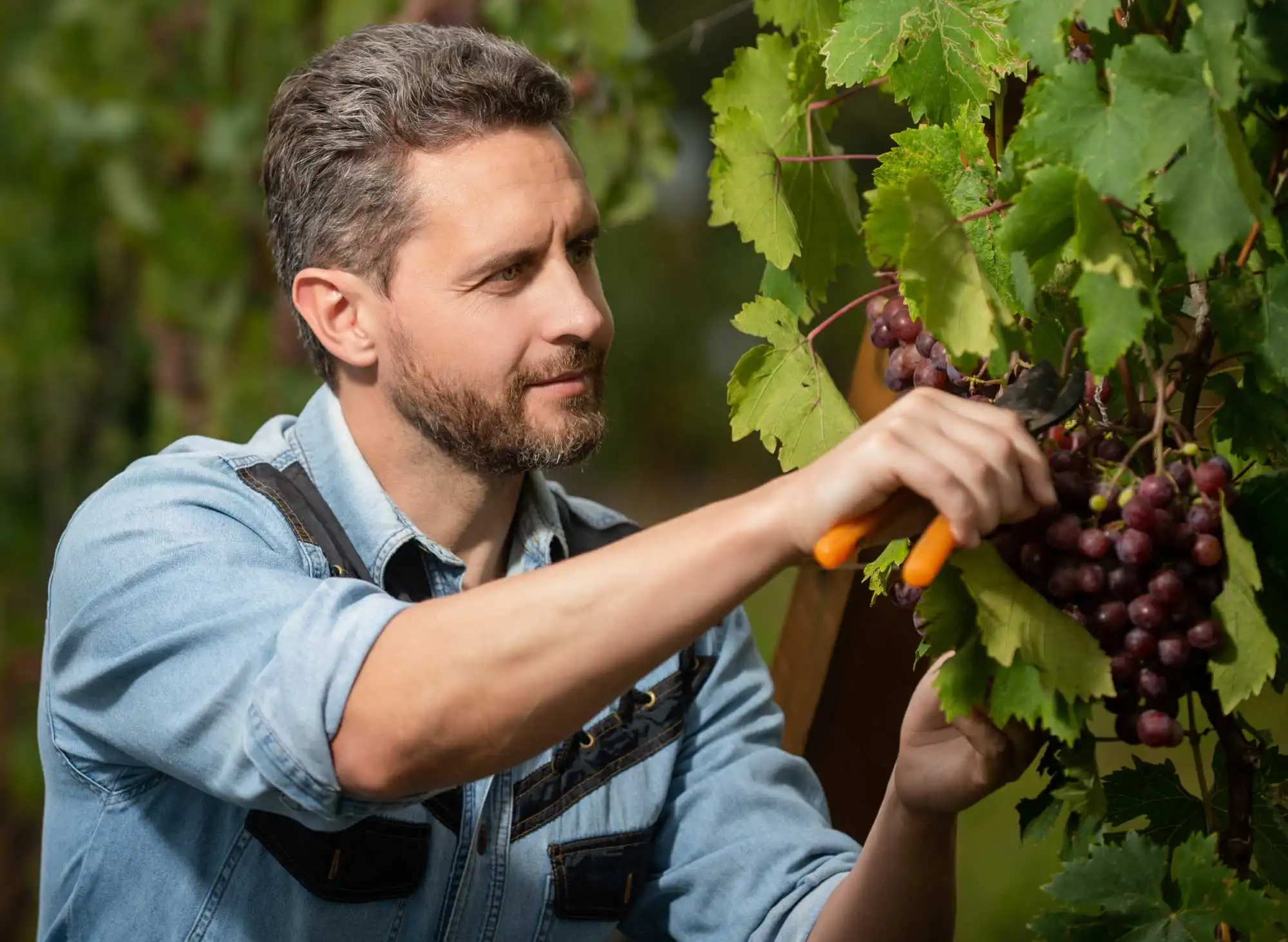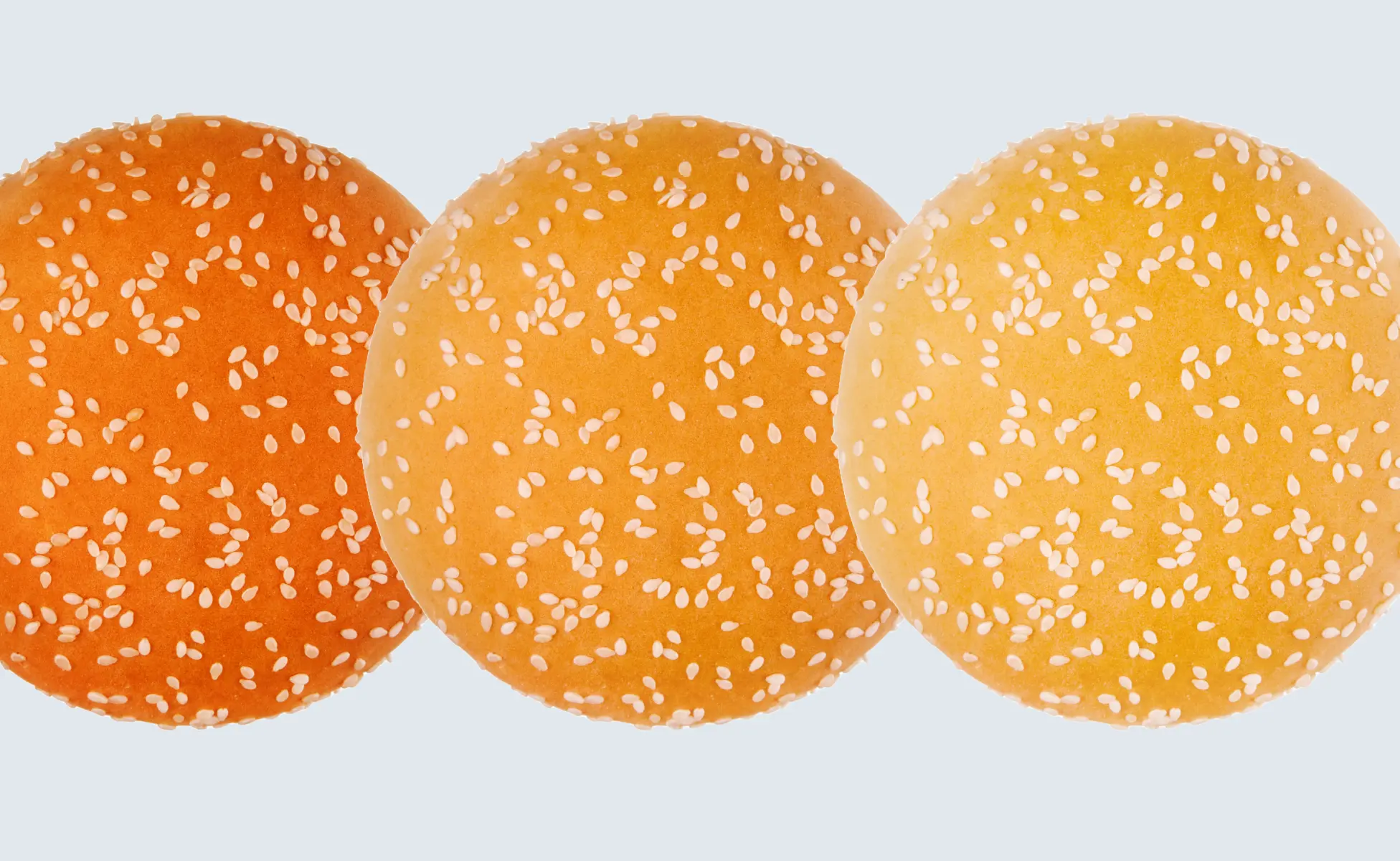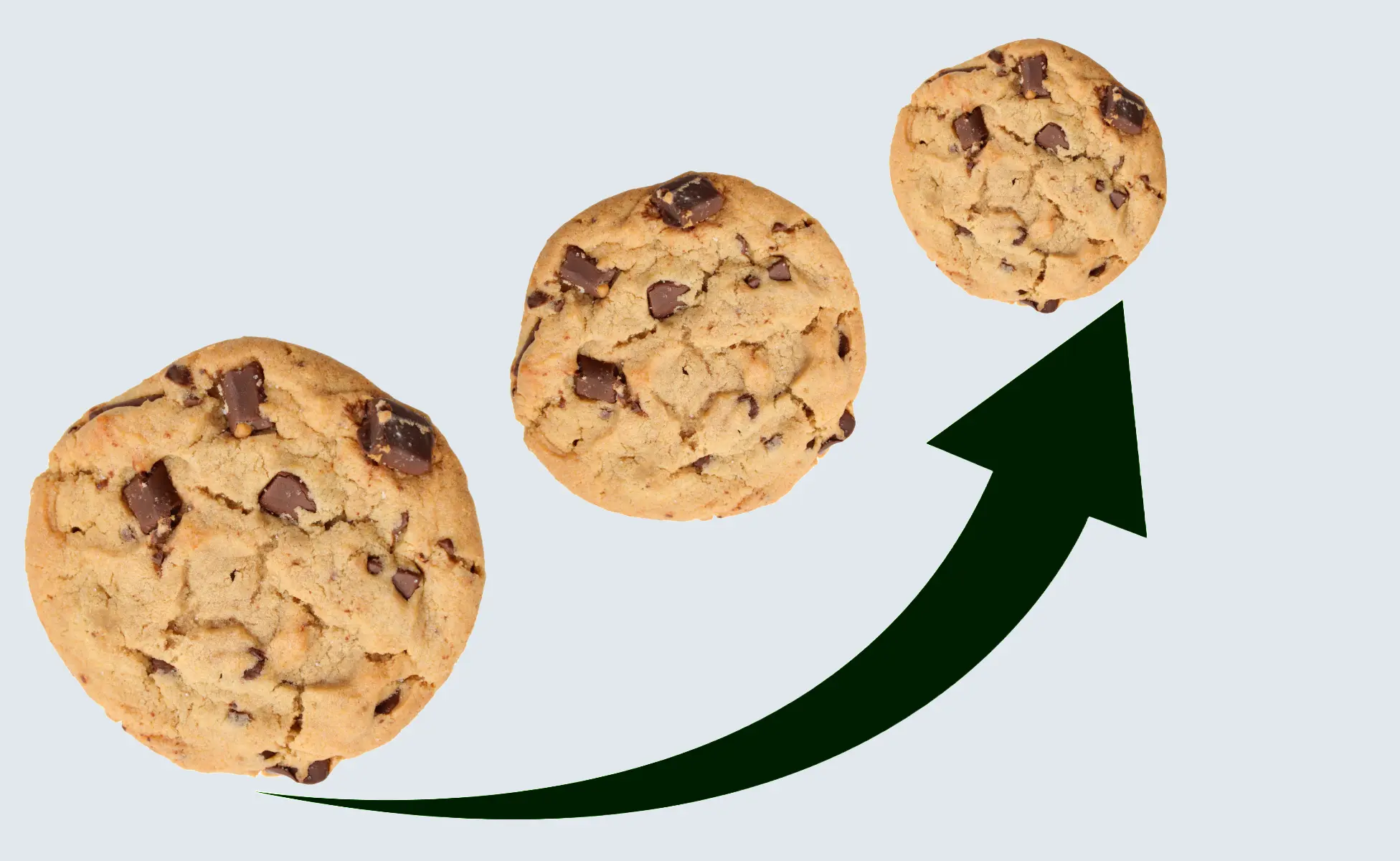Foreign Material Detection: Is Your Food Production Facility Ready?

The Stakes are Too High for Relying Solely on Traditional Inspection Methods
Whether you work for a meat processing company or a major bakery brand, many of you in food quality assurance positions share a similar daily concern about your operations: food safety control and, in particular, in-line foreign material detection. As production methods have become more automated, the opportunities for unwanted foreign materials to enter the product stream unnoticed by operators and inspectors have increased.
Many food manufacturing facilities incorporate methods for detecting foreign materials on a production line, such as X-ray systems and metal detectors. However, while effective for detecting dense objects, these technologies struggle with soft foreign materials like paper, films, plastic, wood, and many others that all pose the same food safety and recall potentials.

Pressures from food safety regulatory agencies are not the only challenges food production companies face when it comes to controlling foreign material detection. Their customers—especially Quick-Serve Restaurant (QSR) brands—now require them to prove their foreign material detection methods as part of their business agreement.
The average cost of a protocol recall can vary widely depending on the industry and scale of the recall. For example, a study by the Food Marketing Institute and the Grocery Manufacturers Association (now known as the Consumer Brands Association) estimates that the direct costs of a recall can average anywhere between $10 million and $30 million. This estimate includes the cost related to notifying consumers and retailers, pulling the product from shelves, destroying contaminated products, and managing public relations.
However, indirect costs such as lawsuits, decreased sales, brand damage, and increased insurance premiums can significantly increase the fiscal impact. A recent Harris poll revealed that 55% of consumers said they would switch bands, even temporarily, if a company faced a recall. The costs can escalate to hundreds of millions of dollars for significant recalls or those involving high-profile products and brands.
Thankfully, as companies manage this emerging global food industry trend, KPM Analytics stands ready to help food producers maintain safe, foreign-material-free operations.
Challenging Foreign Material Detection is Where We Excel
Production process control and food quality have always been at the forefront of KPM Analytics. Our in-line and at-line inspection technologies offer a wide range of solutions to help food companies manage quality everywhere it matters in your process.

Helping companies manage food safety challenges is an integral part of the complete quality assurance product portfolio we at KPM can offer food producers. From chicken patty manufacturers to baguette bakers, no food production facility is immune to the potential foreign material hazards that can enter their process stream.
The good news for you is that the technologies we already have available for inspecting products for visual quality traits also have functions for detecting challenging foreign materials from product surfaces.
What Technologies Can Help You Detect Unwanted Foreign Materials in Food Processes?
Between our SiftAI Foreign Material Detection System for bulk meat processing and our P-Series In-Line Vision Inspection System for detecting foreign materials in secondary production processes (product forming, pre- and post-cooking, and final inspection before packaging), we offer a complete range of solutions to help meat & poultry processors ensure safe protein products.
Then, for bakery operations, the Q-Bake In-Line Vision Inspection System, whether used to detect foreign materials at various points of the production process or final product inspection before packaging, provides 100% inspection of products and detects challenging foreign materials at full-line speeds.
With KPM's highly accurate and AI-driven foreign material detection technologies, food producers can take command of food safety with proven solutions to their specific challenges.
Interested in learning more? Contact us today.
Other Posts in the Series
Related Blog Posts



















